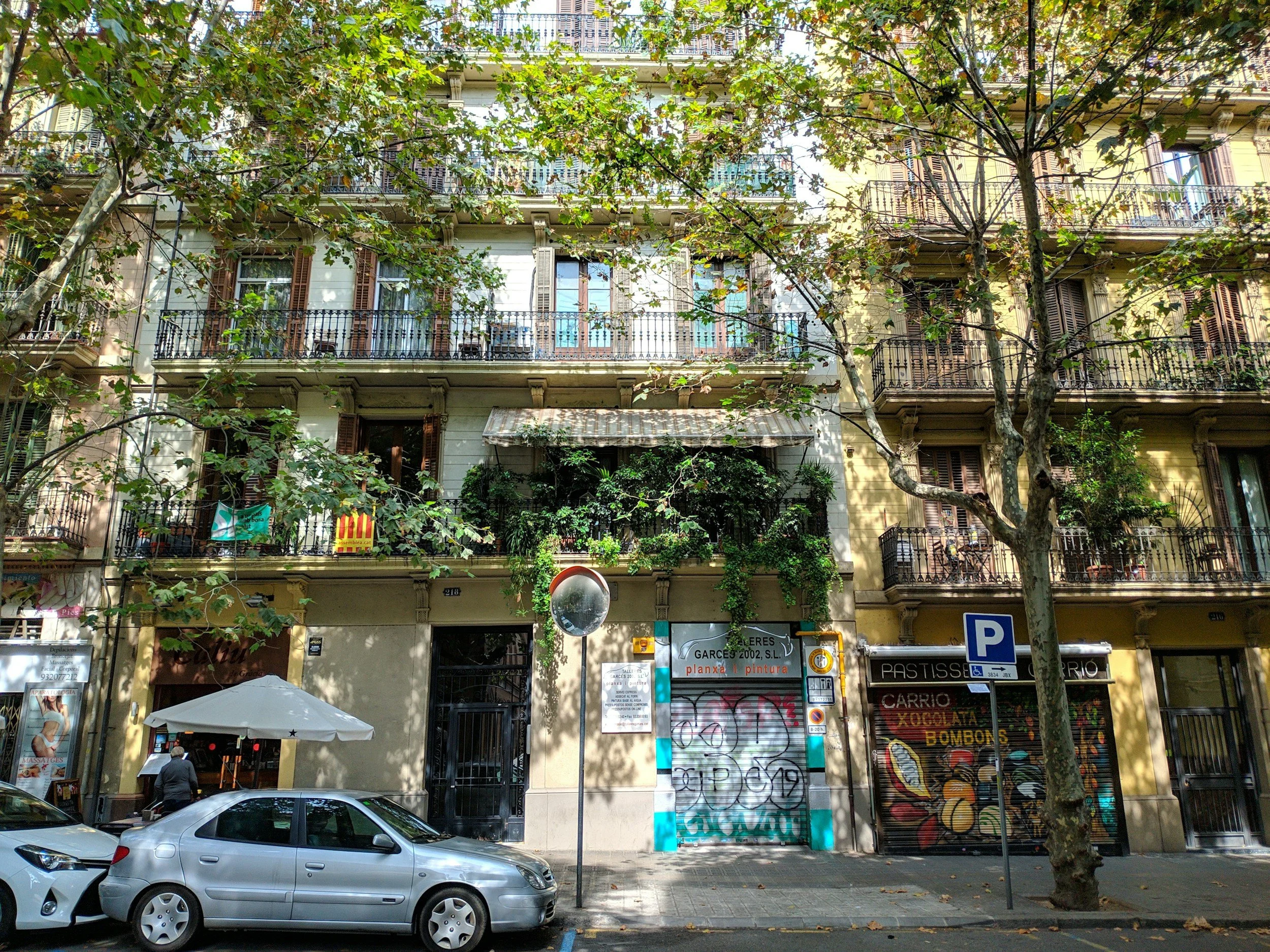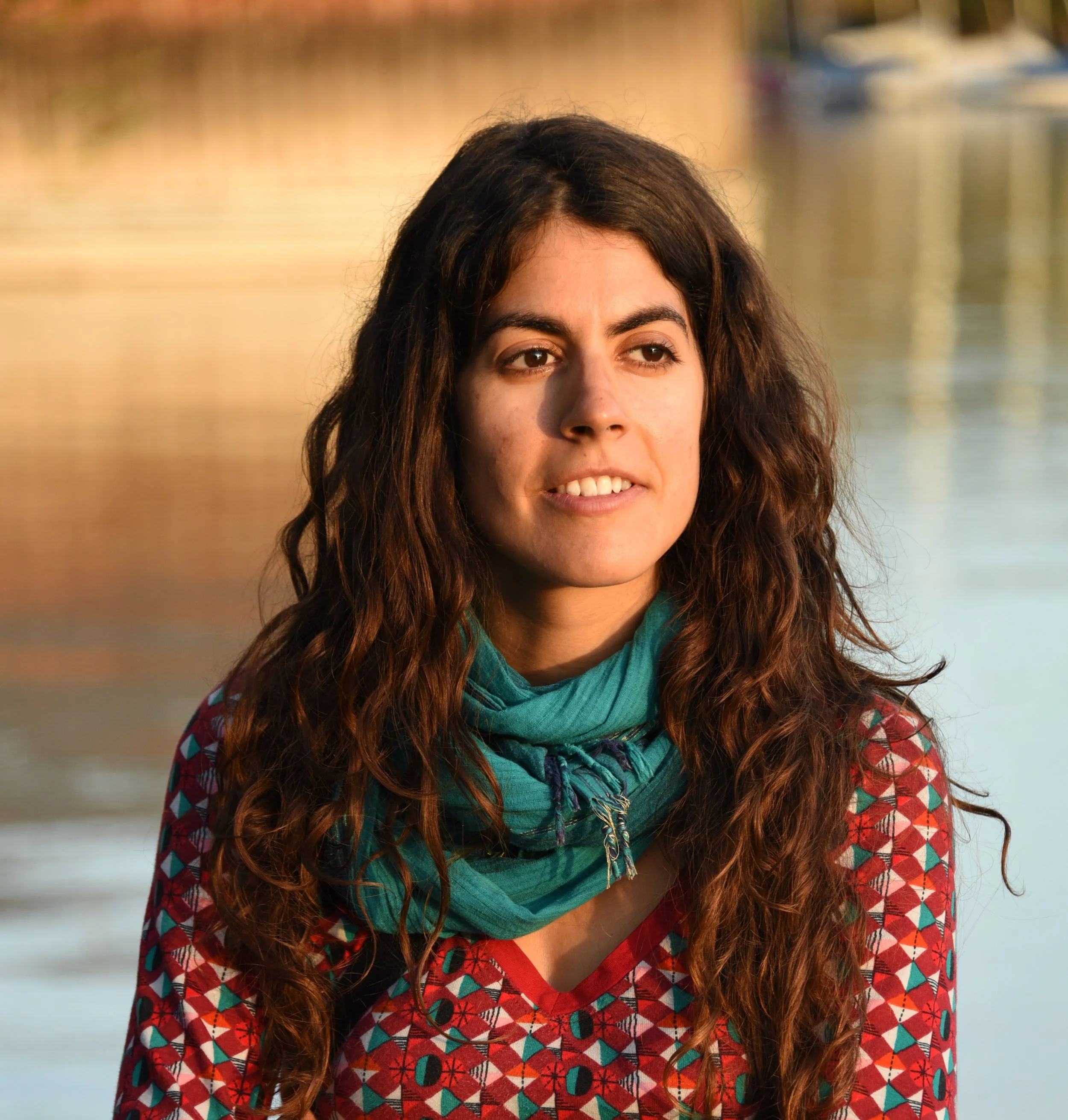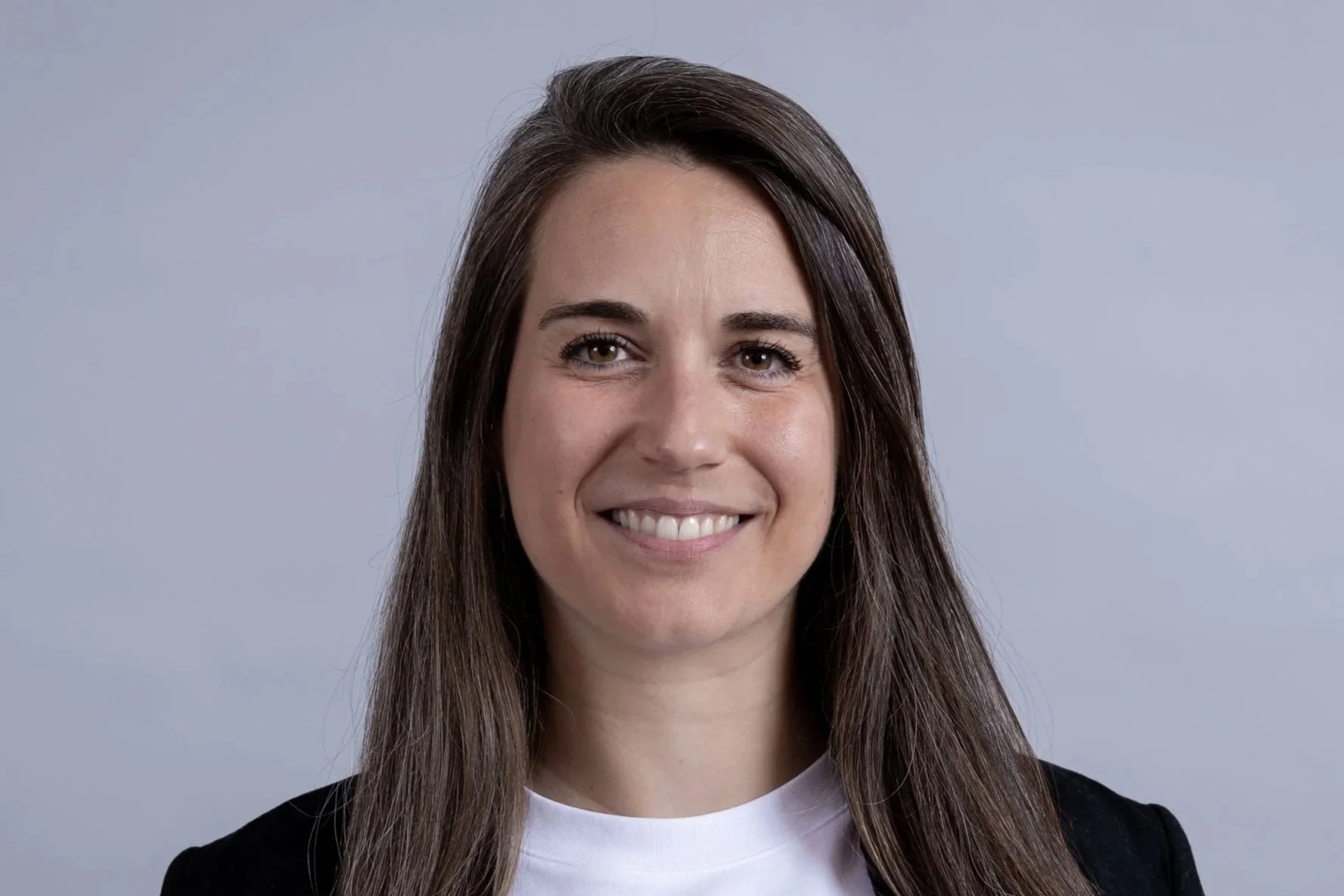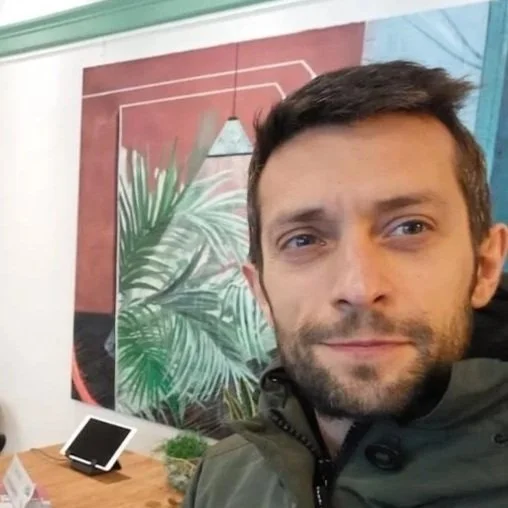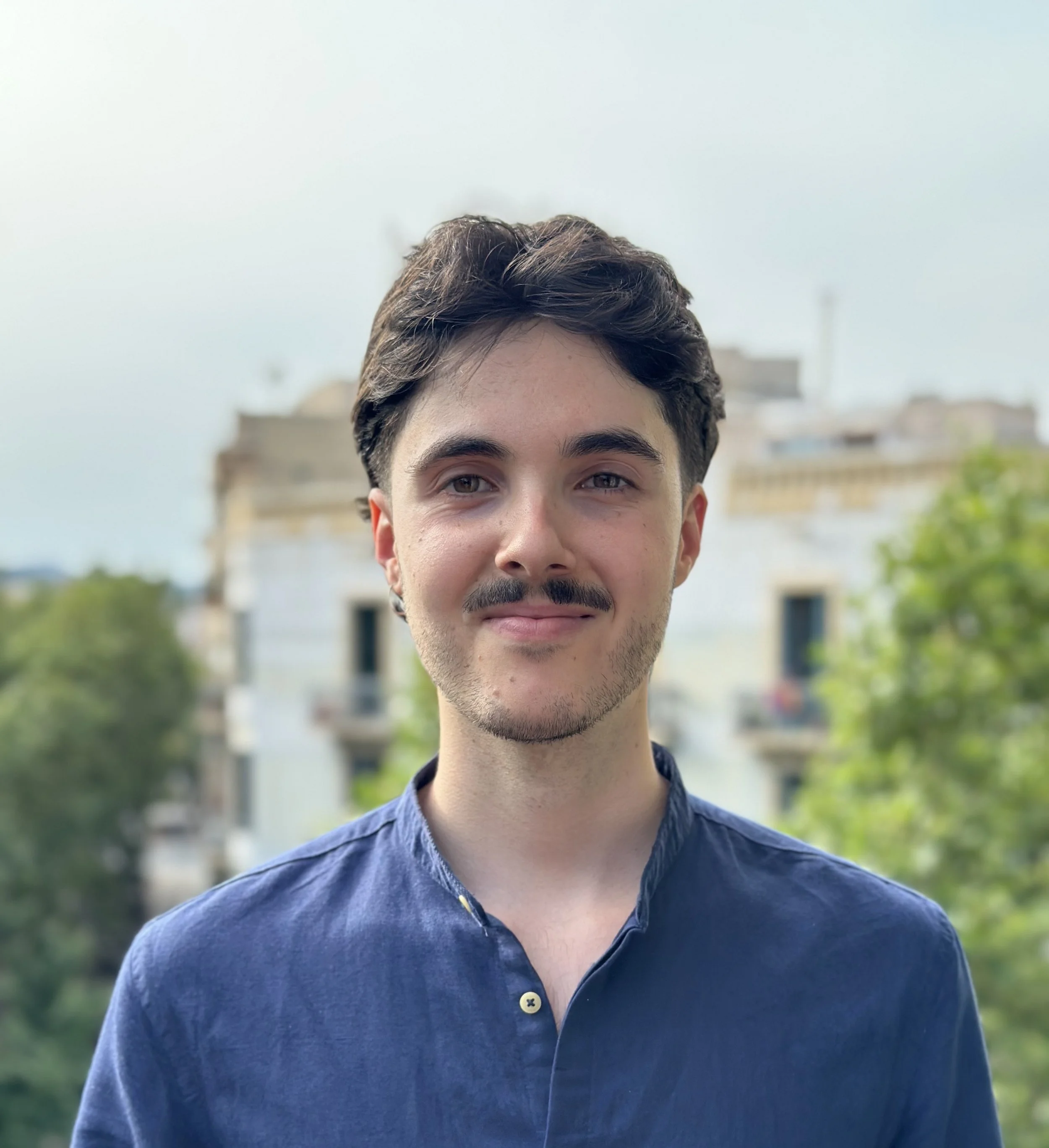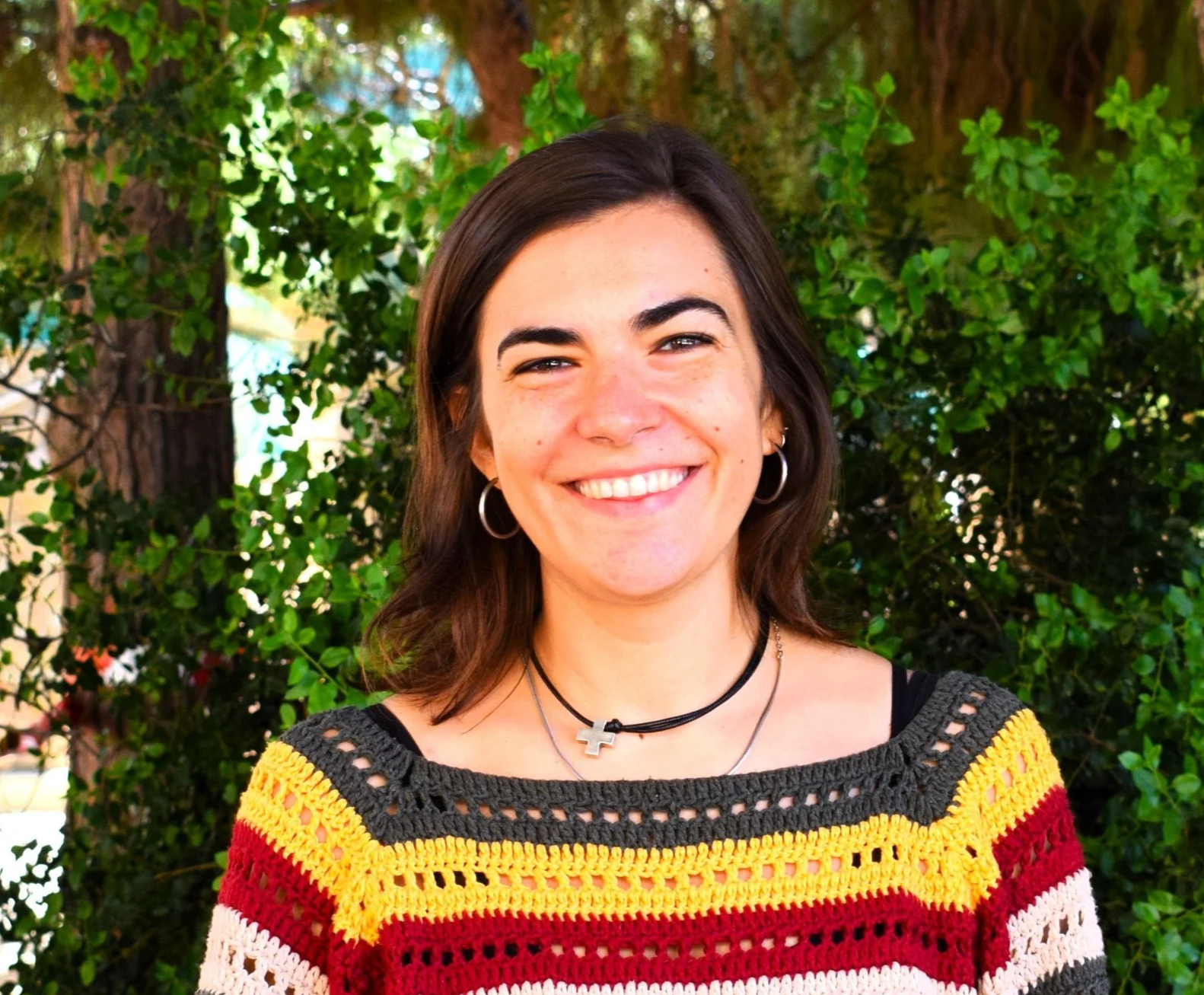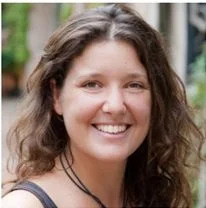BARCELONA
Barcelona is currently facing a severe housing affordability crisis. At the same time, the city is experiencing rising temperatures and increasingly frequent and prolonged heat waves.
There is a clear correlation between high ambient temperatures and excess mortality and morbidity. In Barcelona, housing conditions further exacerbate this situation. Many residential buildings often lack adequate insulation, air conditioning, or passive cooling features, turning homes into environments where residents - particularly older adults and other vulnerable groups - are at increased risk of overheating.
Working to do better
We will examine the interplay between the exposure to high ambient temperatures and Barcelona senior residents’ health, well-being, and activity behaviors with specific emphasis to housing and tenure characteristics.
Our approach
The HEAT-Gravitas-BCN Project
-
Objective A
Assessment of indoor environmental characteristics, older adults’ activity behaviors, and their combined effects on health and wellbeing.
We will assess environmental quality (indoor and outdoor) and its impacts on older adults’ activity behaviors, health, and well-being using:
(a) specialized sensors for temperature, humidity, and air pollution
(b) activity trackers to capture physical activity, sleep, and sedentary time
(c) health and wellbeing questionnaires together with clinical assessments
The results of this objective will provide recommen- dations on the thresholds at which health-related behaviours and symptoms require action to prevent adverse health outcomes.

-
Objective B
Exploring the impact of existing climate adaptation interventions on seniors’ health
Through a mixed-methods approach, we will identify - together with a mix of stakeholders - existing climate adaptation and mitigation plans, strategies, and interventions in Barcelona that have the potential to alleviate the triple crisis of:
(a) global warming
(b) scarcity of climate-change adapted housing
(c) population aging and increased heat-vulnerability due to increased age
Building on this, we will investigate the interplay between indoor and outdoor exposure to high temperatures - considering sociodemographic characteristics, living conditions, and individual perceptions, and the effects of adaptation and mitigation strategies- including unexpected impacts of specific interventions.
The overarching aim is to better understand strengths, weaknesses, limitations, and opportunities of existing plans, strategies and interventions to provide tailored recommendations that translate into immediate actions at the local level.
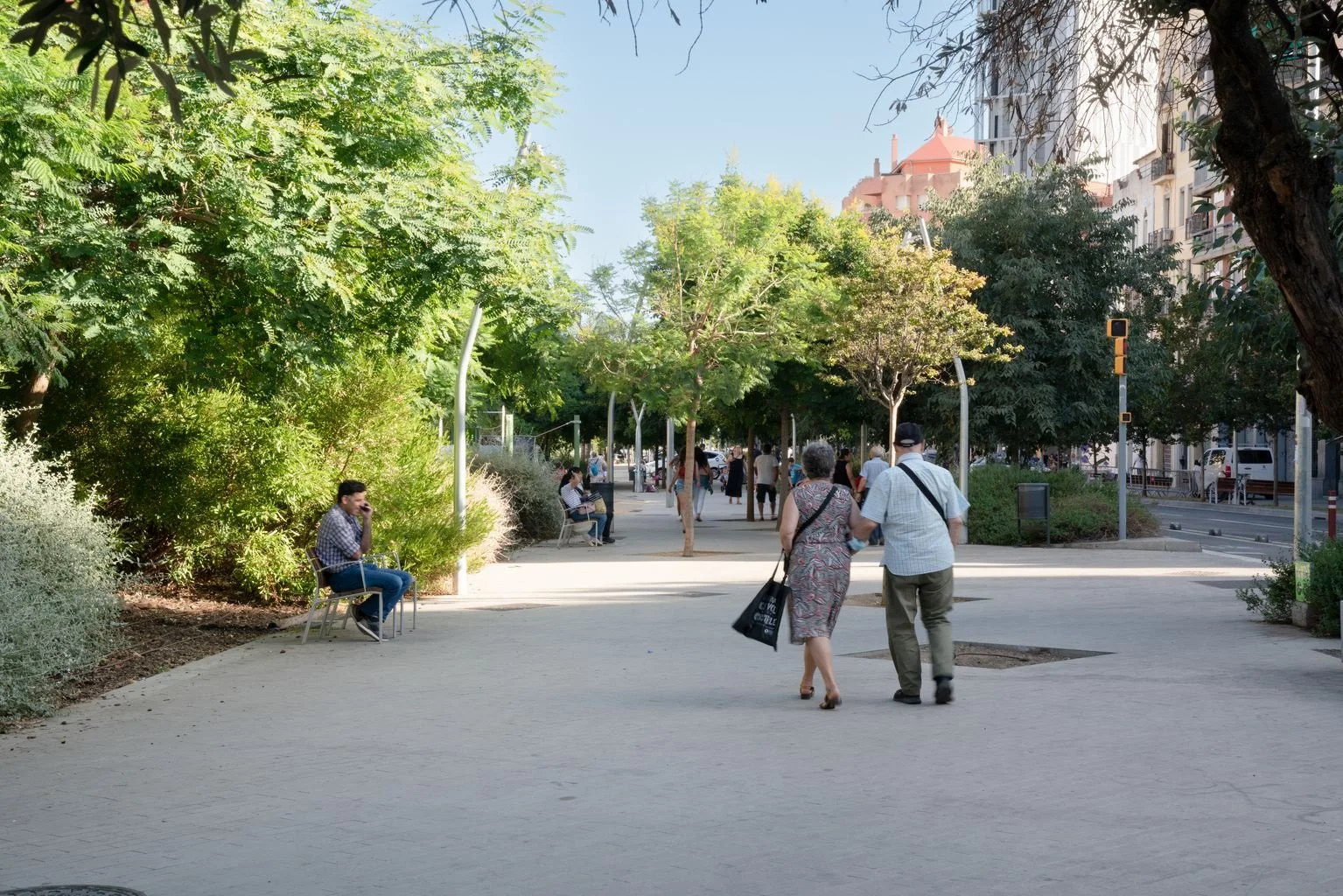
Key data Barcelona
-
During the period between May and September 2024 the threshold of intense heat (34.1ºC) was exceeded during 3 days, and the very intense heat threshold (36.1ºC) was exceeded during 2 days for these months.
Servei Meteorològic de Catalunya

-
Over 40% of people aged 85+ live alone, many in rental housing with limited cooling options.
Ajuntament de Barcelona. Projecte d’acció comunitària Radars
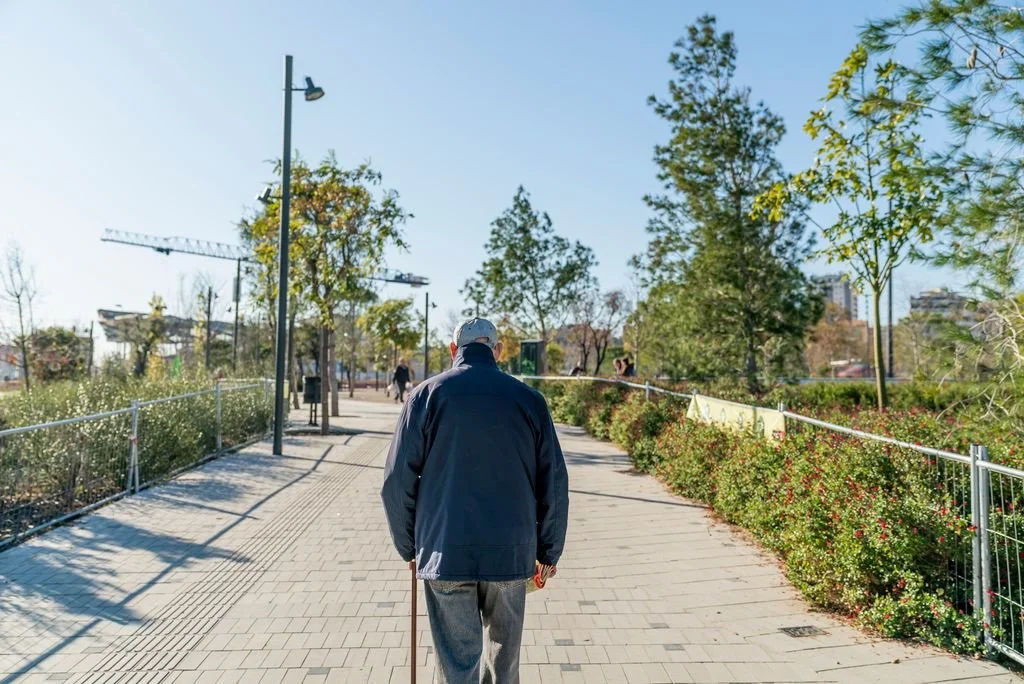
-
Up to 5% of premature summer deaths in Spanish cities are attributable to high temperatures and the urban heat island effect, especially among older adults.
Iungman et al., 2023

News and updates
-
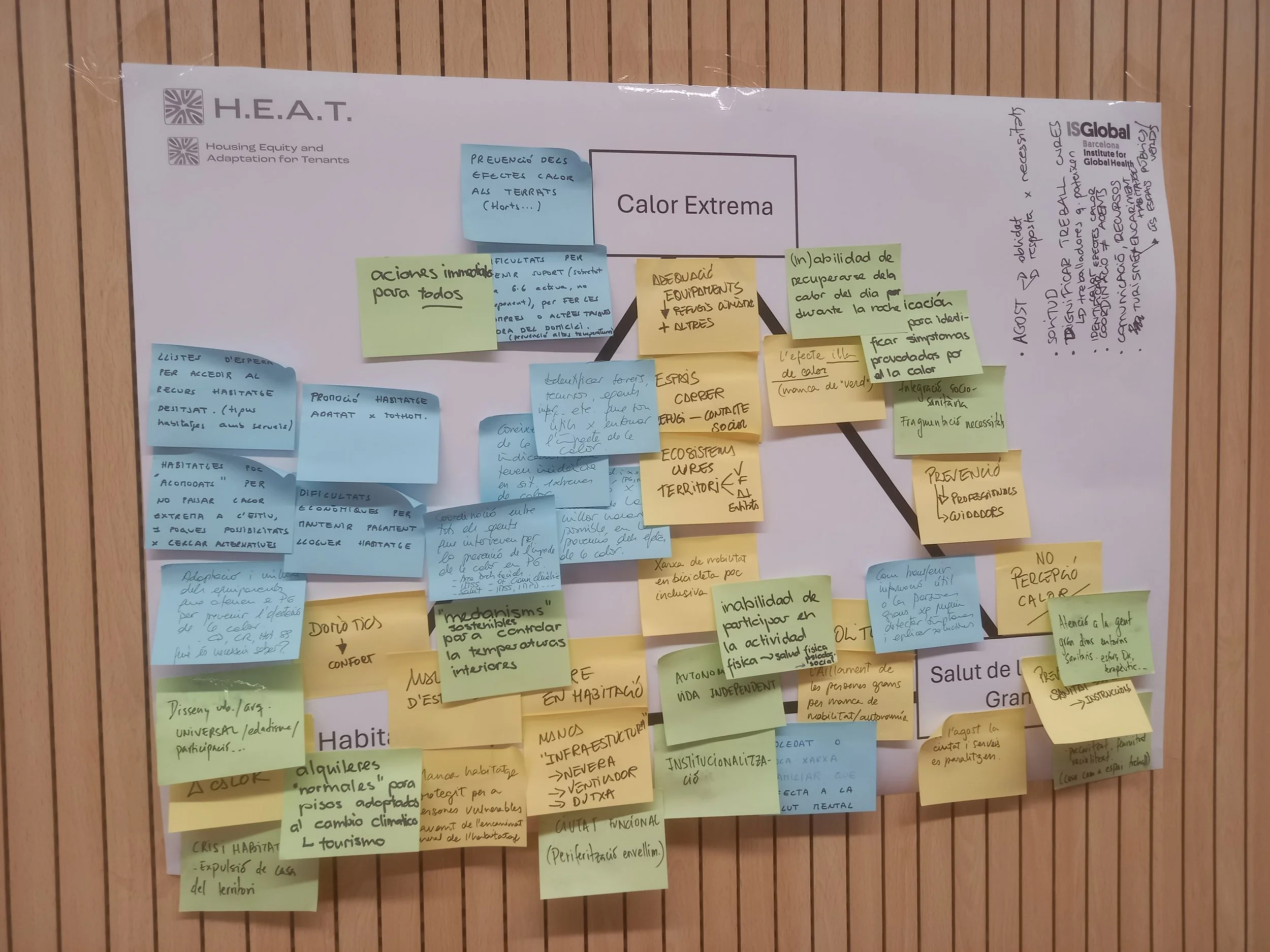
HEAT-Gravitas-BCN Stakeholder Workshop: Research, Policy, and Community in Dialogue
On November 19th, 2025, the HEAT-Gravitas project hosted a collaborative Stakeholder Workshop in Barcelona, bringing together 14 representatives from three sectors: policymaking, community organizations, and research. The workshop was designed to explore the intersection between extreme heat, housing conditions, and the health and well-being of older adults in Barcelona—and to identify practical, scalable interventions that can make a real difference in the city.
The workshop served as a very rich space for dialogue, idea development and knowledge exchange! Through a series of structured activities—from dynamics that revealed the diverse expertises and perspectives of participants, to collaborative concept mapping that identified the key challenges at the intersection of climate, housing, and aging—the group worked together to understand Barcelona's unique context. Participants then reviewed existing climate adaptation and mitigation interventions, critically reflected on their limitations and potential improvements, and proposed new interventions that are not yet being implemented.
Throughout the day, stakeholders shared compelling insights on the vulnerabilities of older adults during heat waves, the critical role of housing conditions on health outcomes, and the systemic and local barriers to accessing public spaces and services during extreme temperature events.
The workshop genuinely enhanced our motivation to learn more about the connections between housing, global warming and health in older adults. We are now preparing a comprehensive report of the workshop findings, and we cannot wait to publish the results in the coming months. We hope that these results contribute to already existing research findings, policy expertise, and lived experiences of community organizations and Barcelona residents, essential for generating evidence that can truly inform public policies that address the urgent needs of older adults facing extreme heat and inadequate housing in Barcelona.
-
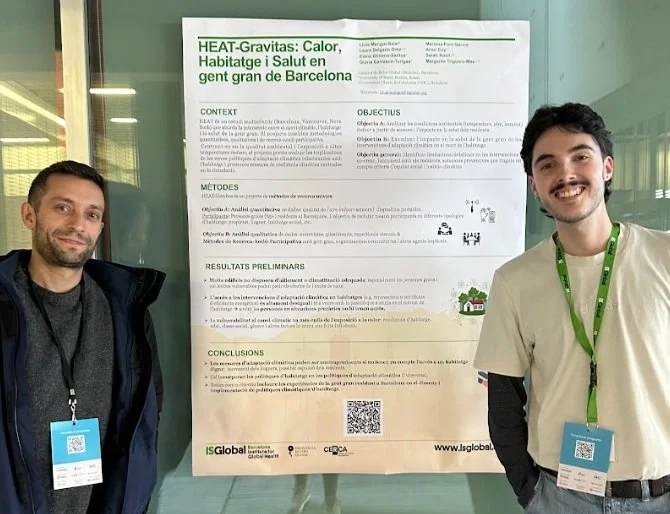
HEAT-Gravitas at the 2nd Citizen Science Conference 2025 in Barcelona
In November 2025, the 2nd Citizen Science Conference took place at the Barcelona Biomedical Research Park (PRBB), bringing together institutions, researchers, community representatives, and administrations. Our project HEAT-Gravitas was represented through a poster at the conference. Through this contribution, we had the opportunity to illustrate how HEAT-Gravitas aligns with the broader vision of combining science with community engagement to produce socially relevant knowledge.
The conference consisted of two full-days of round-tables, workshops, and over thirty micro-talks, offering a broad, collective portrait of a movement that is growing, institutionalizing, and embracing ambitious goals, namely: helping shape public policies, incorporating patients in biomedical studies, monitoring large-scale environmental phenomena such as extreme heat waves or floodings and, above all, generating knowledge that incorporates, and is useful for, society.
Speakers from Science for Change, Ideas for Change, public administrations and research institutions, together with members of patient organizations and grassroots communities, emphasized that participatory science is not a symbolic add-on, but a fully legitimate research modality with proper data-quality protocols. And that all scientific knowledge should be created in collaboration with the study population.
Our experience at the II Citizen Science Conference reaffirmed that HEAT-Gravitas is part of a broader movement toward a more open, collaborative and socially impactful science.
-

HEAT-Gravitas joins the CitiObs Environmental Monitoring Network
Last Autumn, the HEAT-Gravitas project joined the CitiObs network as part of our commitment to community-engaged research. CitiObs (Enhancing Citizen Observatories for healthy, sustainable, resilient, and inclusive cities) is a Horizon Europe initiative with 14 partners in 10 different countries, which supportslocal and urban citizen observatories in collecting, sharing, and using environmental data, specially on temperature and air quality, using sensing technologies and open tools.
Specifically, HEAT-Gravitas is participating in the Environmental Monitoring Toolkit, a practical resource that helps projects like ours deploy and manage environmental sensors, ensuring the quality of the data they gather. Through this collaboration, CitiObs has provided 18 indoor air quality sensors that will be used to gather high-resolution data in the homes of older residents in Barcelona.
These sensors will help us better understand indoor air conditions in relation to heat exposure, housing characteristics, and health outcomes, generating valuable evidence for research and local action. By joining CitiObs, HEAT-Gravitas strengthens its ability to combine data collection with the promotion of citizen engagement, and informing evidence-based policies.
Meet the Team




